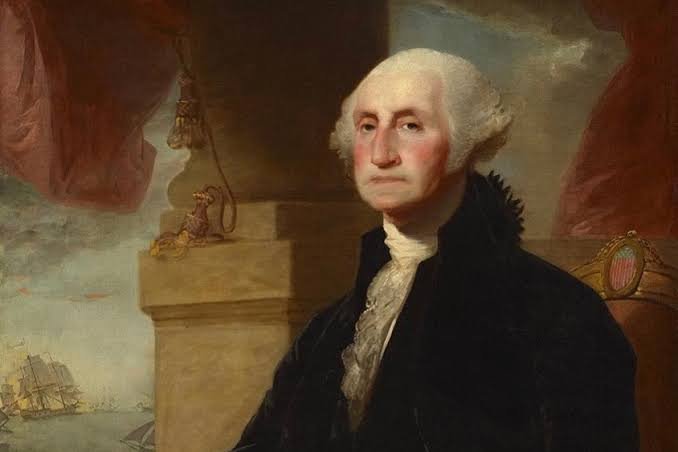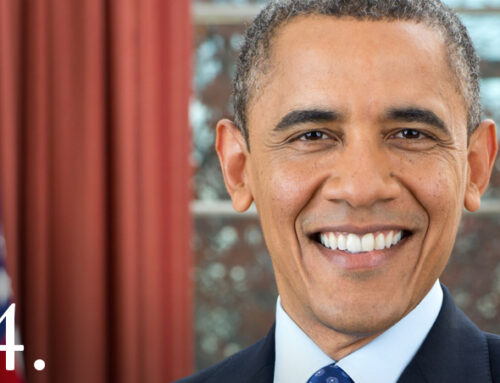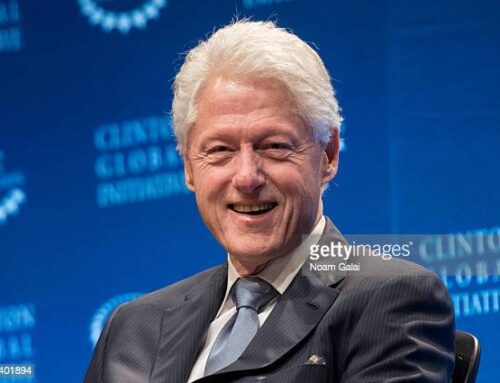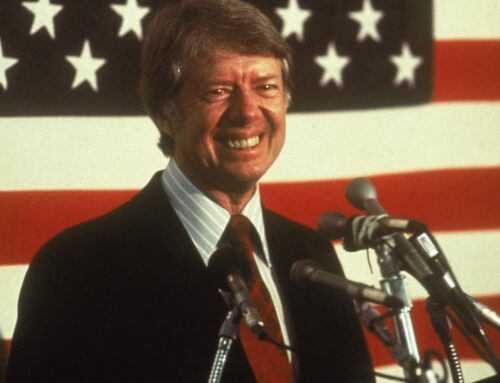
George Washington was the first President of the United States, serving from 1789 to 1797. He played a crucial role in the formation and early history of the United States, leading the country through its Revolutionary War and serving as a symbol of national unity.
Washington was born in Virginia in 1732 and grew up in a wealthy family. He received a good education and became a surveyor, which allowed him to travel extensively throughout the American colonies. In 1753, he was appointed to the position of adjutant in the Virginia militia, and he quickly rose through the ranks.
In 1775, the American Revolution began, and Washington was appointed commander-in-chief of the Continental Army. He led the army through many difficult battles and struggles, and with the help of other notable figures like Benjamin Franklin and Thomas Jefferson, he was able to secure victory over the British.
After the war, Washington returned to Virginia and retired from public life. However, in 1787, he was persuaded to attend the Constitutional Convention, where he played a key role in the drafting of the United States Constitution. In 1789, he was unanimously elected as the first President of the United States.
When George Washington was elected as the first president of the United States, he refused to accept the office’s $25,000 salary. He was later convinced to take the paychecks in order to set a good precedent for future office-holders. It is now against the law for a US president not to take a salary. That $25,000 salary was two percent of the U.S. budget. If a modern president’s salary was two percent of the budget, it would be around $80 billion!
As President, Washington was instrumental in establishing many of the institutions and traditions that are still in place today. He created the first cabinet, established the first federal government agencies, and set precedents for how the Presidency would be carried out. After serving two terms, he retired from public life again and returned to his home in Virginia, where he died in 1799. Washington is remembered as a hero of the American Revolution and a key figure in the early history of the United States.
George Washington once said, “To contract new debts is not the way to pay old ones.” He valued the importance of strength through financial stability and committed himself to pay off debts incurred during the Revolutionary War. He believed that power and respect came from financial integrity.
In his presidential farewell speech, Washington cautioned against the frequent use of credit, stating that one method of preserving public credit is “to use it as sparingly as possible… but remembering also that timely disbursements to prepare for danger frequently prevent much greater disbursements to repel it.
Not only by his words, but he also set the record when it was needed. When any new nation is being built, there is no new manual which is telling people to do this or do that. But Many great people set their nation on the path with their behavior. The newly created nation The united states of America, needed a line of credit to fund economic expansion—and to prove its creditworthiness, it needed to make good on the unpaid Revolutionary War debts incurred by the individual states. Paying them off was politically fraught, however, since a federal plan would reward speculators and favor Northern states over Southern ones. As anyone who has seen Hamilton knows, Washington chose the divisive “assumption” program put forward by his new Treasury Secretary. It was an “extraordinary” success, wrote historian John Steele Gordon: U.S. bonds were soon selling in Europe at a premium because they were considered so safe. Confidence in the U.S. government has since helped make the dollar the peg for currencies around the world.
Why I am highlighting this? Washington didn’t really need his presidential salary. Before becoming president, he was one the richest men in North America. Much of Washington’s early wealth was gained after marrying his wife, Martha. She had become a very wealthy widow after her first husband, Daniel Parke Custis, passed away. For what it’s worth, Custis was an extremely successful planter who also happened to be 20 years older than Martha.
It’s a good thing Washington had a lot of money. He loved spending it and lived an aristocratic lifestyle. Unfortunately, shortly after marrying Martha, Washington’s tobacco export profits began drying up. As a result, he racked up large debts to a London merchant named Robert Cary, to whom he had entrusted the sale of his tobacco. Within a few years, Washington eventually clawed his way out of debt by cutting back on his expenses, diversifying his income stream, and paying more attention to his finances. Washington successfully expanded his tobacco farming business to include other crops. The main reason for this diversification was tobacco was hard on soil and export was the main way to earn profit. Instead, he planted several different crops, including wheat, corn, flax, and hemp — all of which had a local demand and did not require shipping overseas. This was a very smart move, as it both diversified Washington’s crop production, and ensured that he was not vulnerable to loss during the transportation process. Other Virginia farmers who continued to grow tobacco (including Thomas Jefferson) lost their shirts. He also diversified his operations into other areas including fishing, horse breeding, and even whiskey production. I think if you need to learn Diversification, George Washington is the best teacher.
Modern investors can learn a great deal from Washington’s decision. Tobacco was the 18th century’s equivalent of a “sure thing,” but it was much smarter to invest farmland in diverse crops that were locally needed. Instead of betting on one “sure thing” investment, modern Americans should plan to put their money in diverse assets so they are not overdependent on any single asset or industry.
While searching for this post, i found many shocking things about him. Even though George Washington was one of the wealthiest people in the whole country, the nature of farming meant that he had very little free cash on hand. That’s why Washington had to borrow $600 from a neighbor in order to attend his own inauguration.
In my word, the first lesson of financial wins is avoiding losses and trying to cut them at right time.



